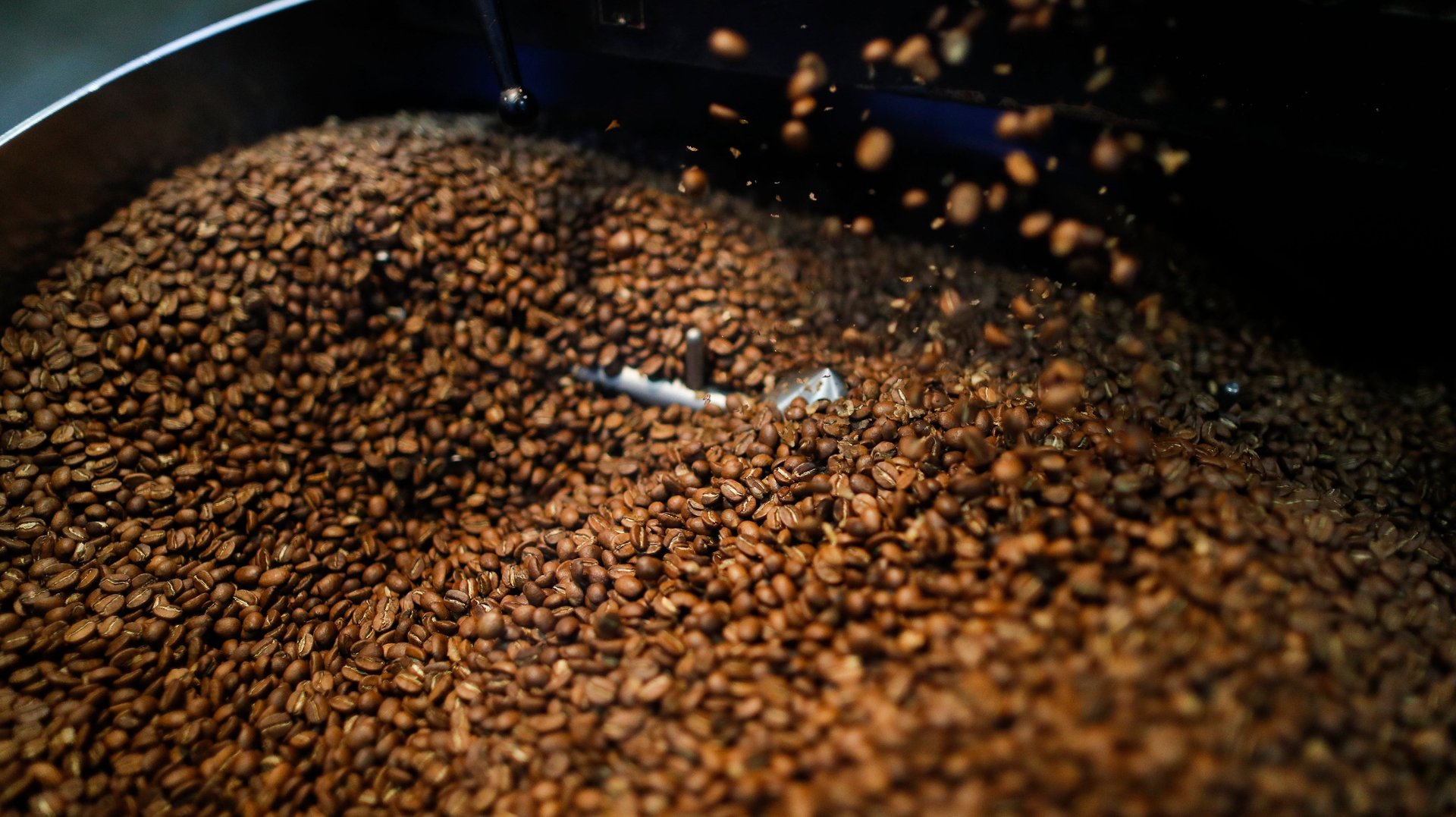The Swiss government is mistaken—coffee is essential for survival
The Swiss government has been in a perpetual state of extreme preparedness for nearly a century. In the aftermath of World War I, it established mandatory stockpiles of sugar, rice, cooking oil, and animal feed to supply the country in case of war or disaster. This week it announced a proposal to take coffee off that list.


The Swiss government has been in a perpetual state of extreme preparedness for nearly a century. In the aftermath of World War I, it established mandatory stockpiles of sugar, rice, cooking oil, and animal feed to supply the country in case of war or disaster. This week it announced a proposal to take coffee off that list.
“The Federal Office for National Economic Supply has concluded coffee…is not essential for life,” the government said. “Coffee has almost no calories and subsequently does not contribute, from the physiological perspective, to safeguarding nutrition,” Reuters reported.
It’s true that coffee is virtually calorie free. What it feeds is the soul.
Last year I wrote about a study published in the Journal of Psychopharmacology that “found that people who consumed a moderate amount of caffeine before doing something with a group were not only more active participants, they also evaluated their own performance, and the performance of other group members more highly than in groups where the participants had not consumed caffeine prior to working with one another.”
These findings suggest that coffee makes us more agreeable and more sociable.
Nadira Faber, a researcher in experimental psychology, wrote about how group dynamics are lubricated when participants are caffeinated, in Practical Ethics, a publication of the University of Oxford. “My suspicion is that also here participants who drank caffeinated coffee just felt better about themselves and the whole group due to the mood- and sociability-enhancing effects caffeine has.”
In other words: In the midst of a natural disaster or an epidemic, when problem solving and cooperation become crucial to survival, we need coffee more than ever.
Currently, the Swiss government requires major coffee importing, roasting, and retailing businesses, currently a group of 15 companies including Nestlé, to maintain the stockpile, which is equal to a roughly three-month supply for the coffee-loving nation. The companies are reimbursed for storage costs through import fees of 3.75 Swiss francs per 100kg of coffee beans.
A final vote on the motion to reduce Swiss coffee stores is expected in November, preferably after all the decision makers have been properly caffeinated.